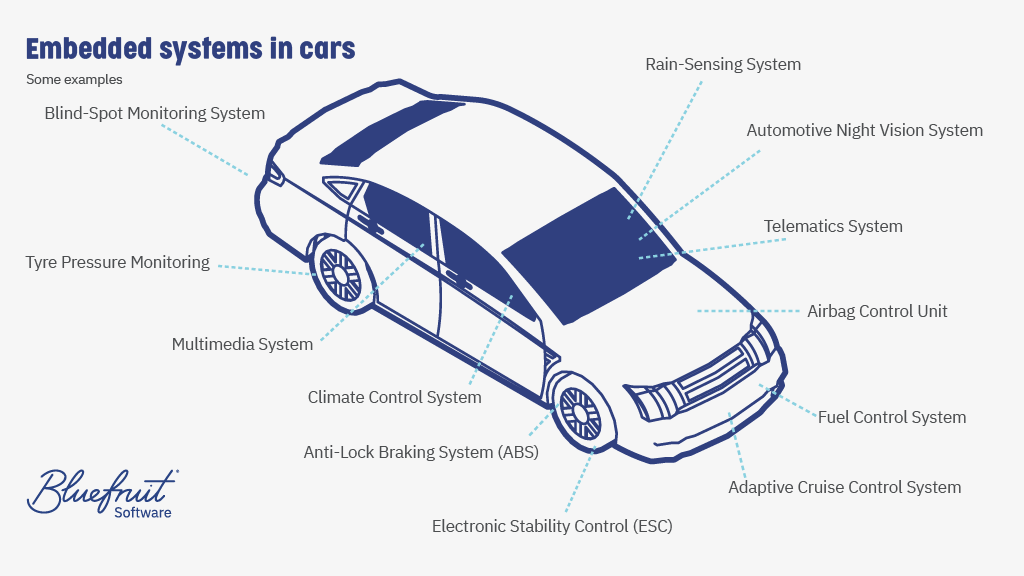Do Embedded Computers Monitor Engine Emissions in a Car?
Embedded computers play a vital role in modern automobiles, performing numerous essential functions that enhance safety, performance, and convenience. Among these functions is the monitoring of engine emissions, a critical aspect of ensuring compliance with environmental regulations and reducing the environmental impact of vehicles.
Embedded Computers and Engine Emissions
To meet stringent emission standards and optimize engine performance, embedded computers are equipped with specialized sensors and software that continuously monitor and analyze various engine parameters related to emissions. These parameters include:
- Exhaust gas temperature: Sensors measure the temperature of the exhaust gases to ensure it remains within permissible limits.
- Oxygen sensor reading: Lambda sensors or oxygen sensors measure the amount of oxygen in the exhaust gases to determine the air-fuel ratio. This information is crucial for adjusting fuel injection and ignition timing to achieve optimal combustion and minimize emissions.
- Engine speed and load: Crankshaft and camshaft sensors monitor engine speed and load, which affect the amount of fuel and air required for combustion. Proper monitoring helps ensure efficient fuel use and reduced emissions.
- Catalytic converter efficiency: Sensors monitor the efficiency of the catalytic converter, which converts harmful pollutants in the exhaust gases into less harmful substances.
Real-Time Analysis and Control
The embedded computer continuously analyzes the sensor data in real time to determine if engine emissions are within acceptable levels. If any deviations or potential issues are detected, the computer can initiate corrective actions to bring emissions back into compliance. This may involve adjusting fuel injection, ignition timing, or other engine parameters.
Data Logging and Diagnostics
In addition to real-time monitoring, embedded computers also log data on engine emissions over time. This data can be used for performance analysis, identifying patterns or trends, and troubleshooting any issues that may arise. It also provides valuable information for vehicle maintenance and regulatory compliance purposes.
Compliance with Emission Standards
Embedded computers play a crucial role in ensuring that vehicles meet stringent emission standards set by regulatory agencies worldwide. By accurately monitoring and controlling engine emissions, these computers help reduce air pollution and promote a cleaner environment.
Conclusion
Embedded computers are essential for monitoring engine emissions in cars. By continuously analyzing sensor data, performing real-time adjustments, and logging data, these computers help ensure compliance with emission standards, optimize engine performance, and reduce the environmental impact of vehicles. As technology advances, embedded computers will continue to play an increasingly important role in the development of cleaner and more efficient automobiles.





